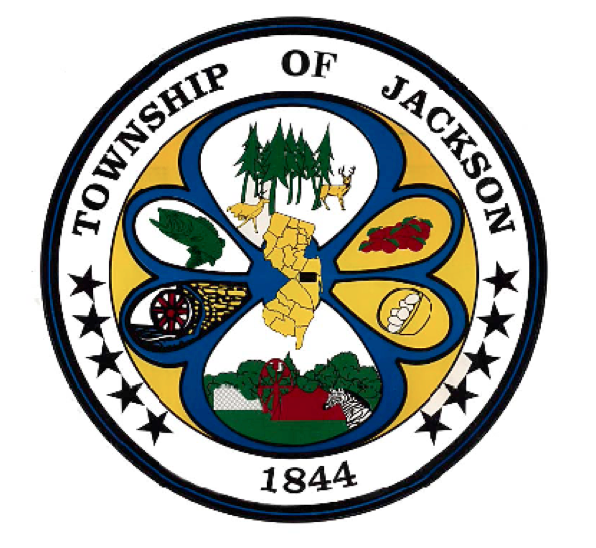JACKSON – The new Rova Farms Advisory Board has garnered support from residents and members of the Jackson Township Council have said they want to appoint members to the panel in the near future.
Council members recently voted to establish the advisory board, which will give residents a chance to help decide the future use of the Rova Farms property in the Cassville section of Jackson.
The members of the advisory board will assist and advise Jackson officials in implementing and planning the future use and development of the Rova Farms properties that have been purchased and/or may be obtained in the future.
During the council’s Feb. 8 meeting, Councilman Alexander Sauickie said, “It is no secret the council has been very forward-thinking about open space in town.”
He noted residents recently voted to raise the open space tax rate which supports Jackson’s open space trust fund and the preservation of open space parcels.
In 2019, Jackson officials purchased 34 acres for $600,000 at 120 Cassville Road. The land was previously connected to the Rova Farms property. Municipal officials said the land was purchased for preservation purposes.
Sauickie said while officials have designated 10 seats on the new advisory board, the initial response has gone beyond that number and includes interest from members of the Jackson Pathfinders, historians and members of St. Vladimir Memorial Church in the Cassville section of the community.
Members of the Rova Farms Advisory Board are expected to be appointed in the near future, according to municipal officials.
During the public comment portion of the council meeting, Archpriest Serge Ledkovsky, representing St. Vladimir Memorial Church, said, “We greet this (advisory board) with joy and we seek to support and actively work with the town council in any way possible. Some of our people will be submitting resumes for positions on this board.”
Rova Farms dates to the early 20th century when an initial wave of Russian immigrants purchased 1,400 acres in 1934.
The Russian Consolidated Aid Society of America paid $50,000 for the land and the money was collected from thousands of Russians who were coming to America, according to a Washington Post article published Feb. 6, 1977.
Two Russian Orthodox churches were built at the site and children were taught to speak Russian as the immigrants sought to keep the culture of their homeland alive.
The people associated with Rova Farms were working-class individuals, primarily craftsmen and laborers, according to the Washington Post article.
Citizen leadership forms for all subcommittees can be found on the township website.

